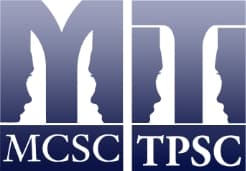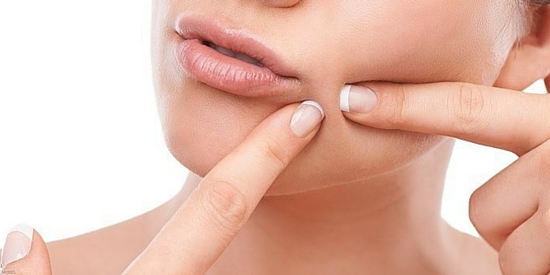Acne is an incredibly common skin condition that affects the majority of individuals at some point in life, typically during the teenage years. Nine out of ten adolescents suffer from some degree of acne. While it usually resolves as we enter adulthood, in some cases acne can persist for many years or recur in later life. Acne is not caused by a simple infection but is due to a complex interaction of different factors, including the thickness of our outer skin layer, the level of oil or “sebum” production, the overgrowth of a common bacterium called P. Acnes on our skin, and the body’s immune reaction. In mild acne, thickening of the outer skin and overproduction of sebum leads to blocked pores, giving rise to “comedones” commonly known as whiteheads and blackheads. These allow for the multiplication of bacteria, and mild inflammation (caused by the body’s immune system reaction), giving rise to small pimples or papules. In moderate to severe acne, the multiplication of bacteria and the immune response is greater, leading to increased redness and the development of pustules, nodules, and cysts.
Treatment of acne should begin with an assessment by a medical practitioner. Some general aspects of good skin care in acne patients include:
- Minimize consumption of sugar and milk products, as these may aggravate acne in some patients.
- Wash your skin with a good quality, non-irritating cleanser twice a day. Washing too frequently can sometimes worsen acne.
- Use a cleanser with antiseptic properties. Alcohol-based cleansers and creams can be excessively drying and may aggravate acne.
- Wash in lukewarm water rather than hot or cold.
- If you want to exfoliate, use a gentle exfoliant and do not over-scrub.
- Moisturizers that are water based may alleviate excess dryness from acne treatments.
- Avoid ointments and oil-rich products.
- Use only cosmetics that are non-comedogenic.
Treatment of acne usually begins with topical treatments. There are a number of compounds that have antiseptic properties and/or unclog pores and reduce inflammation. These include benzoyl peroxide, retinoids (Vitamin A molecules like tretinoin and retinol), and azelaic acid as well as topical antibiotics. Several manufacturers have developed unique and potent formulations of these ingredients, often in combination with non-pore-blocking and inflammation soothing emollients for optimal response. Some also contain forms of benzoyl peroxide that may penetrate pores better than others. Often, combination therapy is superior to the use of one modality alone in treating acne.
Some in-clinic treatments can be helpful in combination with topical products. Gentle exfoliating procedures, especially peels containing salicylic and azelaic acid, are helpful. Facials that aim to unblock pores can also help improve skin appearance. Certain laser and light therapy, including IPL (intense light therapy), may help reduce breakouts in some individuals.
When acne is more severe or not responding sufficiently to topical treatment, oral antibiotics are often useful. Typically, tetracycline-based antibiotics (including doxycycline and minocycline) and erythromycin are the ones most frequently prescribed. Antibiotics help kill bacteria but don’t reduce blocked pores, so the use of a topical agent like benzoyl peroxide or retinoids is often necessary for the combination.
Hormonal therapy is helpful in some cases. Hormones often play a role in stimulating acne, and some oral contraceptives will actually worsen breakouts (for example, progesterone-only pills). However, some may reduce acne dramatically. Finally, oral isotretinoin tablets can be prescribed in certain cases of severe acne which has been unresponsive to other therapies. It is excellent at clearing pores, but does have a number of potentially serious side effects and should only be prescribed by specialists accustomed to its use. Good birth control is mandatory for individuals using oral retinoids, as well as those using topical retinoids since these medications can be associated with birth defects.
If you would like more information about the treatment of acne, request a consultation at Mississauga Cosmetic Surgery Clinic, or call us at (905) 273-3045 (Mississauga) or (416) 207-9090(Toronto).


Leave a Reply